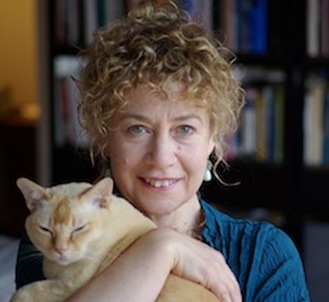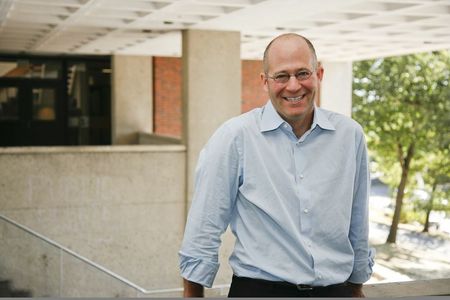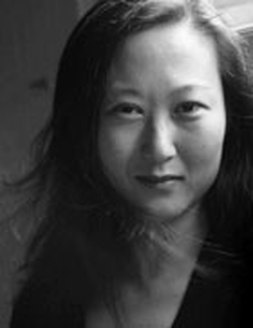KEYNOTE SPEAKERS
|
Julie Park's teaching and research focus on the literature and culture of eighteenth-century England, spanning from the Restoration period (1660-1710) to Jane Austen (1790-1817). She is also interested in connecting the study of literature--its forms, history and movements--to other fields and disciplines such as architectural and landscape history, visual culture and material culture studies, media studies and philosophy. Her book The Self and It: Novel Objects in Eighteenth-Century England appeared in 2010 from Stanford University Press. She is working on a new book project, "Dark Rooms and Moving Objects: Mediating Interior Life in Eighteenth-Century England," which traces the history of the eighteenth-century novel in the interior spaces and environments of eighteenth-century England. She has published articles in Eighteenth-Century Studies, The Eighteenth Century: Theory and Interpretation, Studies in the Novel and has new articles forthcoming in Studies in Eighteenth-Century Culture and The Eighteenth Century: Theory and Interpretation. |
Maud Ellmann is the Randy L. & Melvin R. Berlin Professor of the Development of the Novel in English in the Department of English at the University of Chicago. Her research and teaching interests focus on British and European modernism and critical theory, particularly psychoanalysis and feminism. Her most recent book , The Nets of Modernism, attempts to sharpen our sense of what’s been called the “dissolution of the self” in modernist fiction. She has written a chapter for the Oxford History of the Novel about Irish fiction in English between 1914 and 1940. Her article “Cold Noses at the Pearly Gates” in Textual Practice takes up the question of the ghosts of animals in modernity. Currently she is working on several projects, including World War II writing in Britain, the British novelist and poet Sylvia Townsend Warner, and fantasies of bodily disintegration in modernism, ranging from Melanie Klein to Samuel Beckett.
John Plotz is Professor of English at Brandeis University, specializing in Victorian literature and the novel. His current project, Semi-Detached: The Aesthetics of Partial Absorption, is about what it means to get partially drawn into a work of art. In it he asks: When you’ve half lost yourself in a book, what happens to the half left behind? Artworks are like virtual worlds, which allow their audiences to feel that they are simultaneously inside and outside an artwork: both in an art gallery looking at a painting, and somehow within the world that painting depicts. Plotz compares 19th-century ideas about the partial immersion produced by novels, poems, and panoramas to modern-day versions of world-blocking absorption: Second Life, online gaming, even texting and Facebook-checking.
John Plotz has been a Fellow at the National Humanities Center (2001-2), the Howard Foundation (2005-6) and the Radcliffe Institute for Advanced Study (2011-12). He is the author of The Crowd: British Literature and Public Politics (California, 2000) and Portable Property: Victorian Culture on the Move (Princeton, 2008; named a Choice Outstanding Academic Title). |


